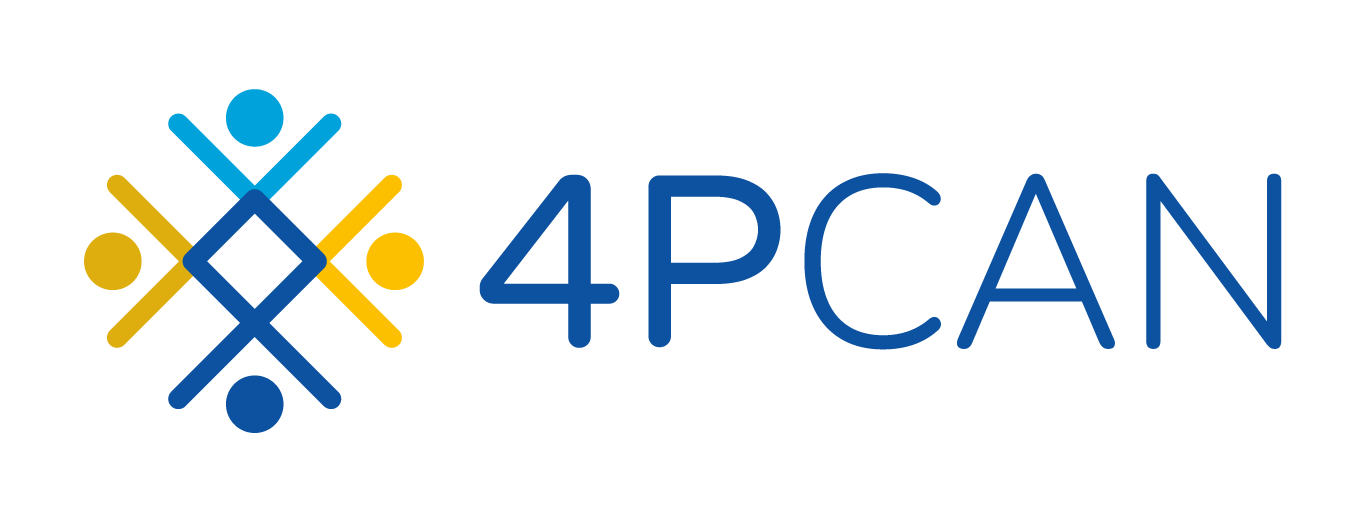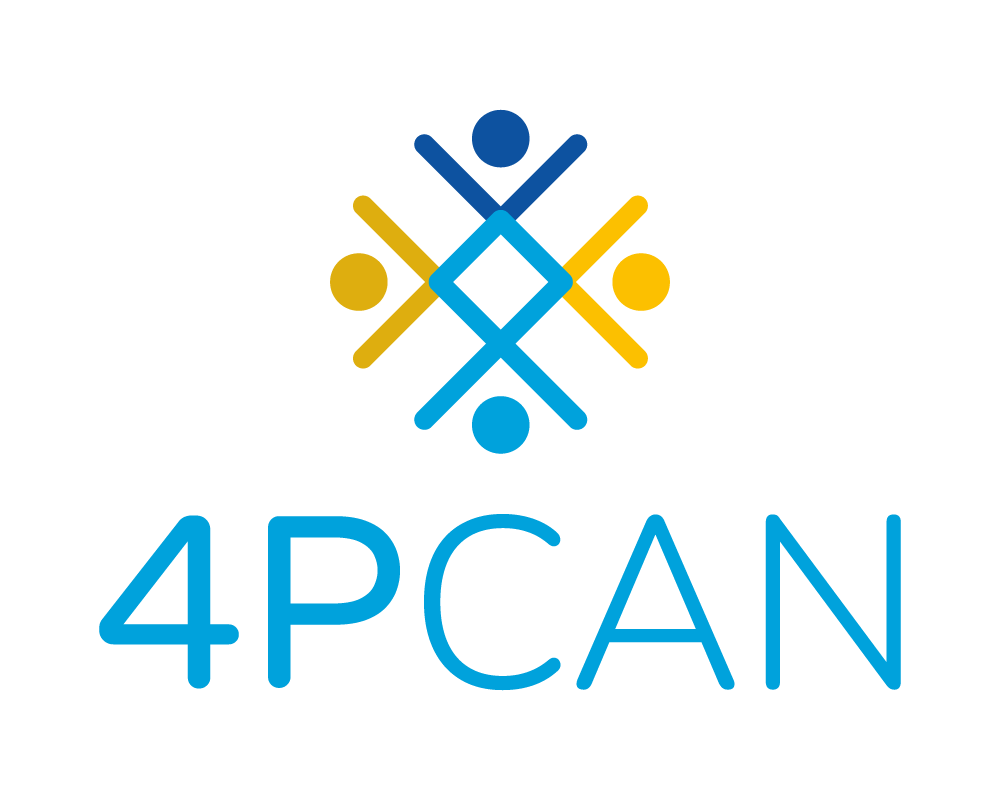(In anticipation of World Cancer Day on the 4th of February 2024)
Globally, there were an estimated 20 million new cases of cancer and 10 million deaths from cancer in 2023. The cancer burden is set to increase by approximately 60% over the next two decades, further straining health systems, people and communities. The predicted global burden will increase to about 30 million new cancer cases by 2040, with the greatest increases occurring in low- and middle-income countries.
In this region the number of people expected to be diagnosed with cancer will increase by 57%, to approximately 6.23 million people are predicted to be diagnosed with cancer by 2040, if no further action is taken to prevent and control cancer.
The reason for such prediction of an increase in the number of newly diagnosed oncology patients in the following years, s lies in better diagnostics and secondary prevention, the reduction of mortality in these countries is due to primary prevention, which refers in particular to reducing the use of tobacco products, and also popularizing and promoting healthy lifestyles.
In low-and middle-income countries, the situation is quite different. The increase in the incidence of oncology patients, in addition to the reasons mentioned above, is directly caused by poor implementation of primary and secondary prevention measures
The theme of this year’s World Cancer Day ‘Close the Care Gap’ signifies the disparities in access to cancer prevention, diagnosis, treatment, and support services across diverse populations. Recognizing quality healthcare as a fundamental human right underscores the significance of mitigating healthcare inequalities for the attainment of global well-being.
In the field of cancer care, the World Cancer Declaration (WCD) plays a key role in guiding efforts in the direction of ensuring fair and readily available cancer care on a global scale.
The Equity Report for World Cancer Day 2023 offers an extensive examination of these elements, to pinpoint the underlying reasons for the care gap and present solutions to overcome these disparities. Montenegro, is a middle-income, non-EU country, with high aspirations of fulfilling the criteria and quality standards set by the EU. These standards also concern health care but there is a long way to go. The problems and challenges we face in Montenegro are similar to those faced by countries in the region.
For women in Montenegro, cervical cancer ranks 4th in terms of incidence, while lung cancer remains the leading cause of death. Such statistics indicate unsatisfactory implementation of primary and secondary measures of prevention.
The fight against cancer is one of the priorities of our health system and it is reflected in the adoption of a series of decisions concerning the creation of a comprehensive and detailed National Plan for the control of malignant diseases. In anticipation of World Cancer Day on the 4th of February, Montenegro is preparing the National Cancer Control Plan for the next five-year period, in which priorities will be defined, which concern: 1) increasing the availability of innovative oncology therapy, diagnostic procedures, as well as quality medical services for oncology patients in Montenegro; 2) development and full implementation of primary and secondary prevention programs and 3) decentralization of the oncology service when it comes to the application of therapy and the provision of palliative care, which would significantly facilitate the treatment of these patients.
A few years ago, the digitization process within our health system was started, and our goal is to modernize this digital system in the future and adapt it to the needs of oncology, which would also include the formation of modern and updated oncology clinical registers.
One of the most important projects for raising the quality of health care for oncology patients in Montenegro is the creation of the Central Preparation of Cytostatic Therapy, which is in its final phase.
Advancements may manifest in various ways, from establishing novel collaborations to enhance screening services in remote areas, to a local community rallying together to facilitate transportation for a neighbor undergoing cancer treatment. Although numerous equity gaps persist, these challenges are surmountable through collaborative efforts and innovative approaches.
One of the most important segments is the regional connection within the projects which enables the adequate definition of problems, as well as the search for quality solutions by learning from the experiences of other more developed countries. By participating in cooperation projects, we improve and become recognized as good partners for cooperation within the region, and within EU countries.
The delegation of the European Union for Montenegro made a statement on 4th February 2021 about “A new EU approach to prevention, treatment and care”, which consists of Europe’s Beating Cancer Plan presented by the European Commission. The Cancer Plan is organized into four primary action areas, featuring 10 flagship initiatives and numerous supporting actions. Its execution will leverage a comprehensive array of Commission funding instruments. This funding encompasses contributions from programs such as the EU4Health programme, Horizon Europe, and the Digital Europe Programme.
One of the most important projects in Montenegro is certainly Horizon 4P-CAN (Personalized CANcer Primary Prevention research through Citizen Participation and digitally-enabled social innovation), funded by the European Commission. Montenegro is represented in this important project by the Montenegrin Association of Medical Oncologists (CUMO), an NGO that stands for the first professional association of oncologists in our country.
The 4P-CAN project’s primary goal is to comprehensively identify and understand the obstacles preventing the adoption of the European Code Against Cancer (ECAC) among citizens in specific Eastern EU and non-EU countries. It also introduces a novel citizen engagement model for embracing cancer primary prevention measures, complementing the existing Code and adapting to the unique contexts of the countries under study.
The conclusions of this project will significantly improve the definition and implementation of the National Plan for Cancer Control in Montenegro. To summarise, governments and international organizations need to adopt policies prioritizing health equity. Additionally, active community participation plays a crucial role in designing and implementing interventions. Advocacy for increased research funding, specifically targeting disparities and exploring innovative approaches in cancer prevention, treatment, and support, is equally imperative.
About the author:
Dr Nikola Milasevic, President of the first professional association of medical oncologists in Montenegro – CUMO, Montenegrian Society of Medical Oncology.
Information referenced:
- World Cancer Day Equity Report 2023
- Closing the gap in cancer care
- World Cancer Day 2023: Close the care gap (PAHO)
- Cluster 4: Digital, Industry and Space
- https://www.eeas.europa.eu/delegations/montenegro/new-eu-approach-prevention-treatment-and-ca
- Health Equity Report Card Pilot Project to Help Close the Care Gap Highlighted on World Cancer Day (2023)
- Global Cancer Observatory (WHO)
- MONTENEGRO WHO European Primary Health Care Impact, Performance and Capacity Tool (PHC-IMPACT)


